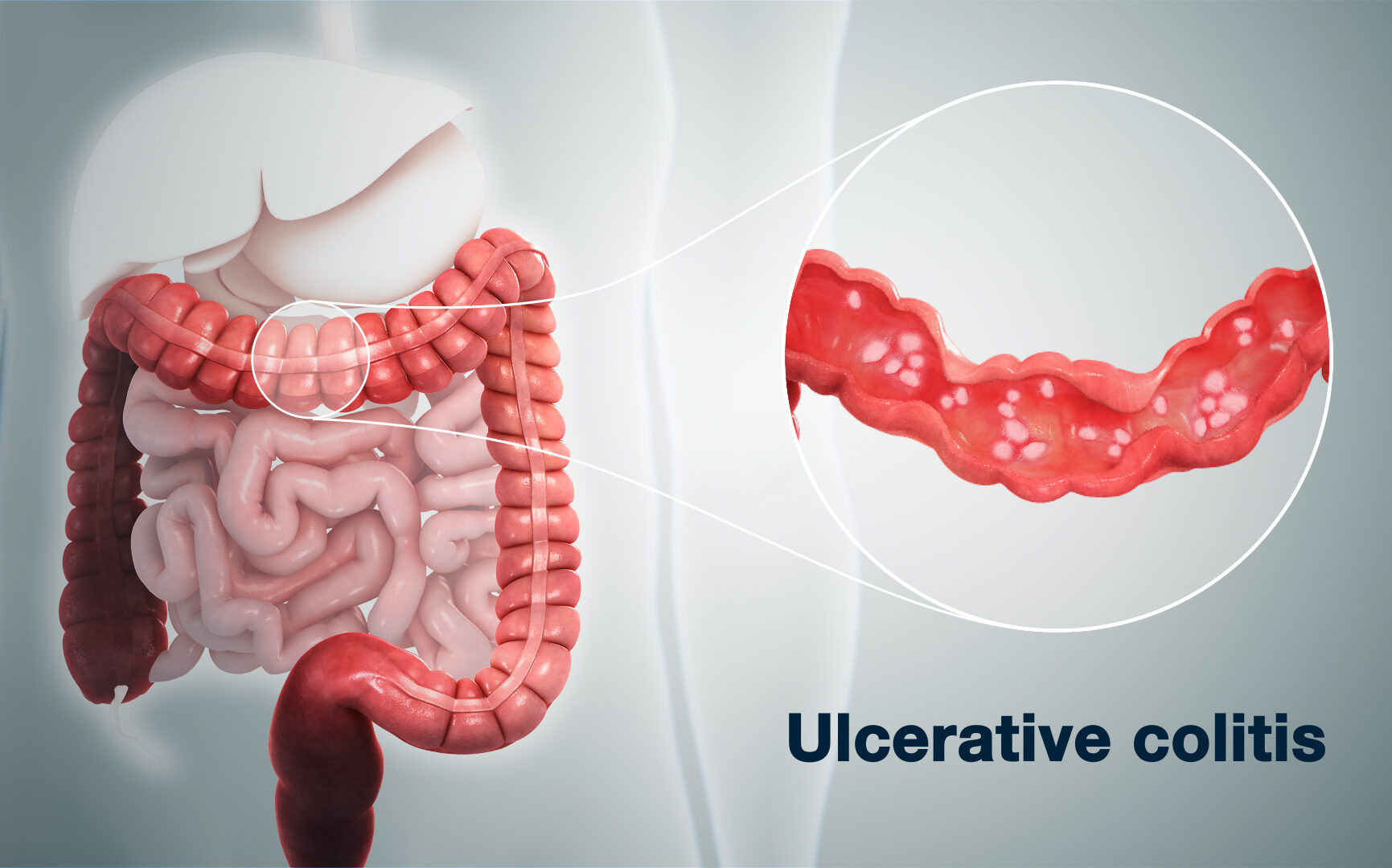James P. Crowley, Professor of Medicine emeritus at Brown University, shared on LinkedIn:
“Together with specialists in DNA and RNA sequencing as well as proteomics and metabolomic technology at the Max Delbrück Center, they found that cells in organoids lacking p53 are stuck in the regenerative state. Thus, the cells metabolize glucose more rapidly via the process of glycolysis. By contrast, when p53 is active, it diminishes glucose metabolism and signals cells to re-enter a healthy state.
The scientists then treated the organoids with compounds that interfere with glycolysis to test whether they can target these highly proliferative cells. They found that cells that lacked the p53 gene were more vulnerable to this treatment than normal cells. ‘With organoids, we can identify very specific agents that can target metabolic pathways and point us toward potentially new therapeutics to selectively target mutated cells,’ Hartl adds.”
